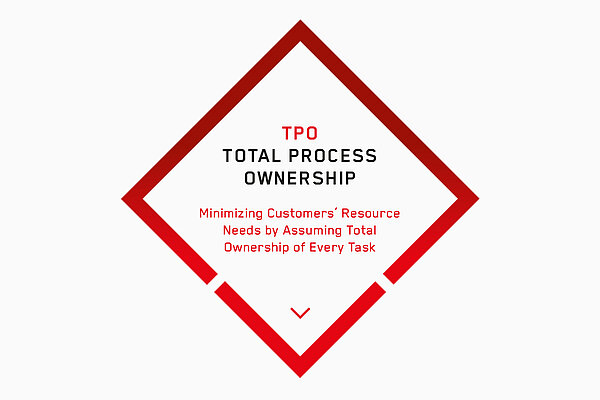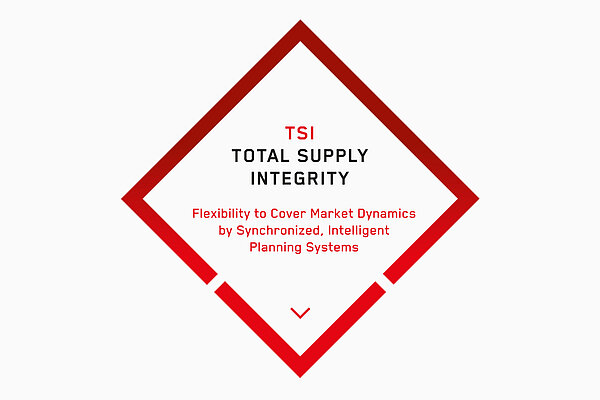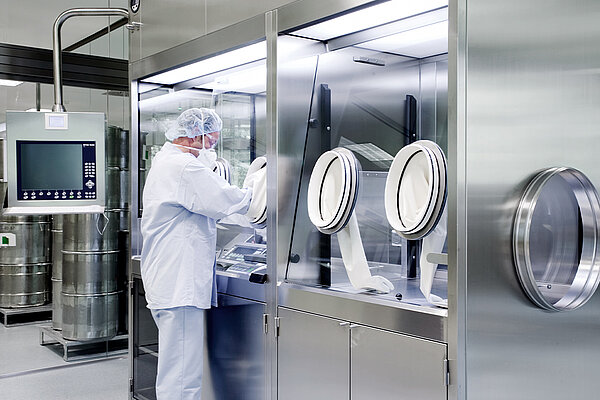We not only manufacture products, we master them
Total Technological Mastering – TTM
Customers benefit from our Total Technological Mastering (TTM) service concept because they do not necessarily need to provide know-how about product technology and technical processes.
Our team consists of excellently trained employees who accompany the product, for example, from the upscaling phase through the definition of the manufacturing process to commercial scale. With our expertise, we handle everything from development to manufacturing to packaging.

TTM means for the customer
- We understanding the galenical design of the product and its critical parameters during transfer.
- We providing the technical expertise to solve product design based problems.
- We identifying process improvement potential and corresponding solutions.
- We successfully troubleshoot all technical product and manufacturing issues.
- We eliminate the customer's need to provide expertise on product technology and technical operations.



